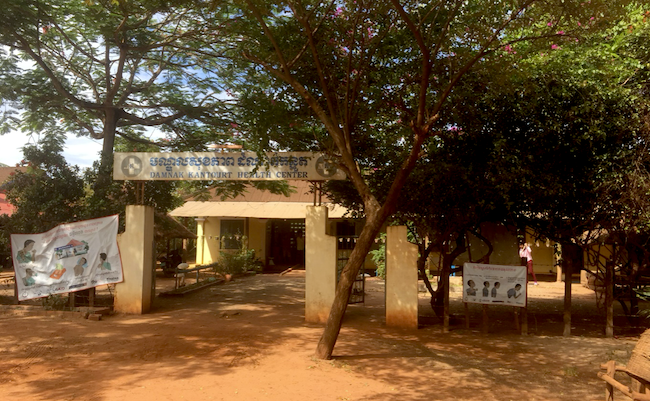Cambodia is committed to achieving universal health coverage (UHC). Ensuring effective, high-quality health care while protecting individuals from financial hardship – as UHC requires – demands robust legal and regulatory frameworks. To this end, a comprehensive evaluation of existing legal and regulatory frameworks undergirding social health protection (SHP) and health financing (HF) is crucial. In this context, in 2023 the P4H country focal person in Cambodia and the P4H Network’s legal expert undertook this evaluation.
Prioritization and categorization of legal texts
The P4H team members used an innovative methodology to evaluate frameworks in Cambodia. They meticulously reviewed available legal documents. Following their comprehensive analysis, they made a shortlist comprising texts directly concerning SHP and HF. For example, drugs are big drivers of out-of-pocket expenditure, so legal documents regulating drugs, like the 1996 Law on the Management of Pharmaceuticals, found their place on the shortlist. Other texts, like the 2000 Law on Private Medical, Paramedical and Medical Aid Professions regulating professions, cover areas indirectly related to SHP and HF and did not make the list.
The shortlisted texts were then mapped onto the World Health Organization’s UHC Cube with its three dimensions – population coverage, health service coverage, and financial protection. The resulting arborescence served as a robust basis for identifying strengths and gaps in the existing legal framework that led to recommendations for improvement.
Disparities in legal protection in SHP and HF and the implications for UHC
The analysis revealed an imbalance in legal protection among different population groups regarding social health protection and health financing in Cambodia. While individuals employed in the public and private formal sectors enjoy a degree of legal protection, vulnerable populations and those living in poverty are often overlooked. This critical finding highlights the need for targeted legal interventions to address these disparities and ensure equitable access to health care and financial protection.
The evaluation aims to catalyse action. The P4H team hopes to spark dialogue among national and international stakeholders. Building on strengths and addressing shortfalls, stakeholders could continue collaborating to improve SHP and HF systems. Cambodia could provide an inclusive and resilient health system that leaves no Cambodian behind.
Featured image on top: Damnak Kantourt Health Center, Cambodia. GIZ Cambodia



